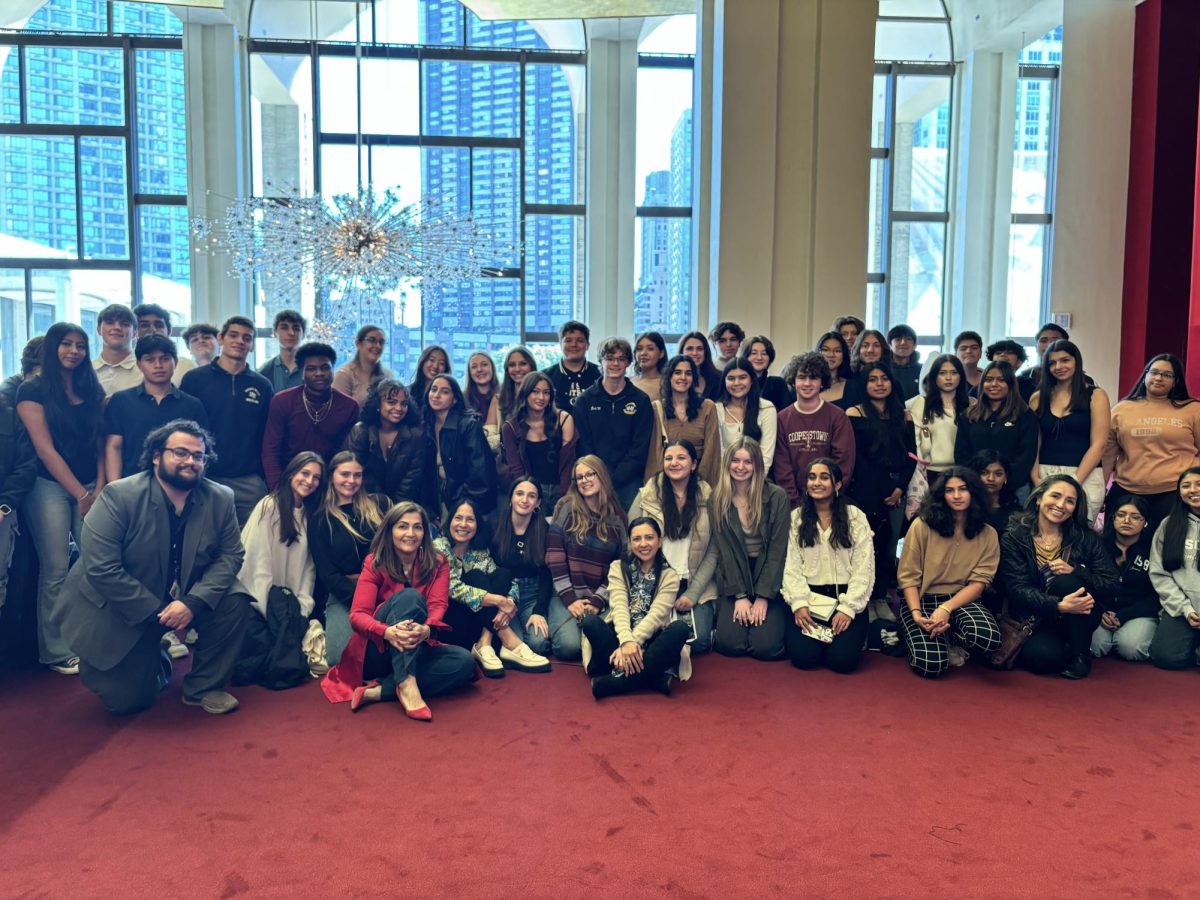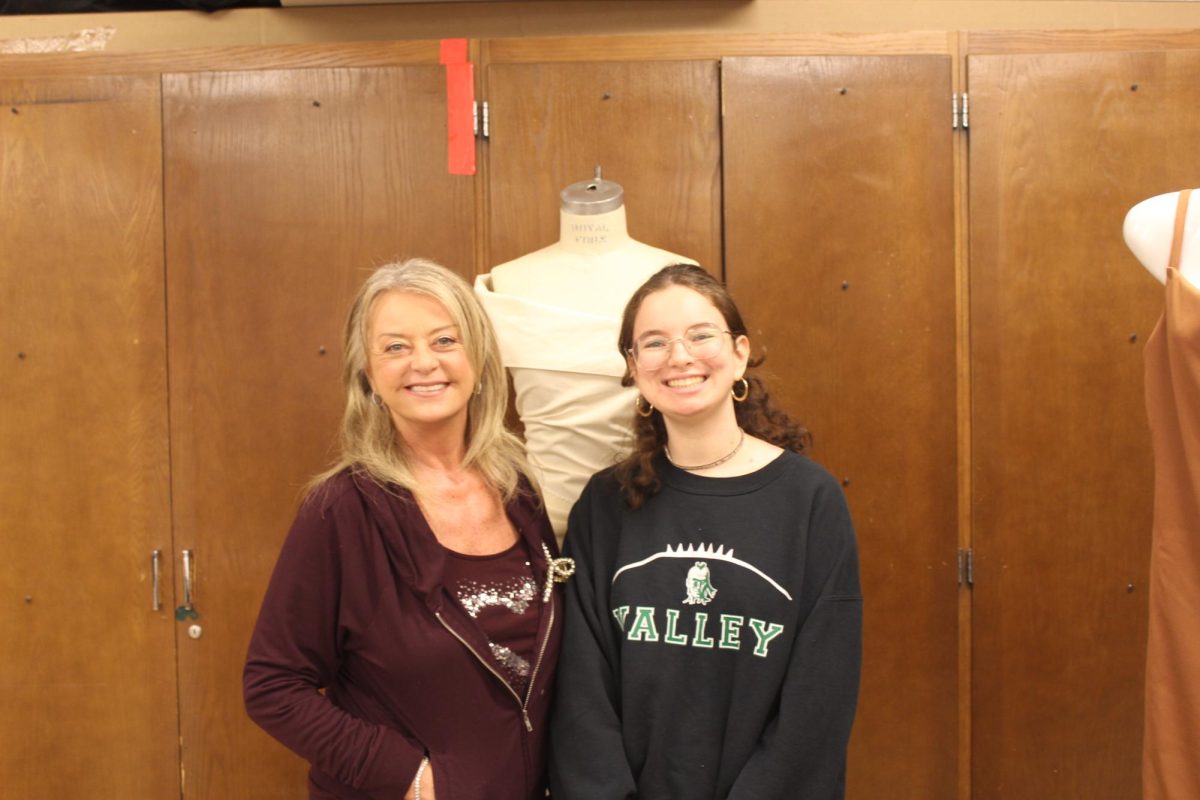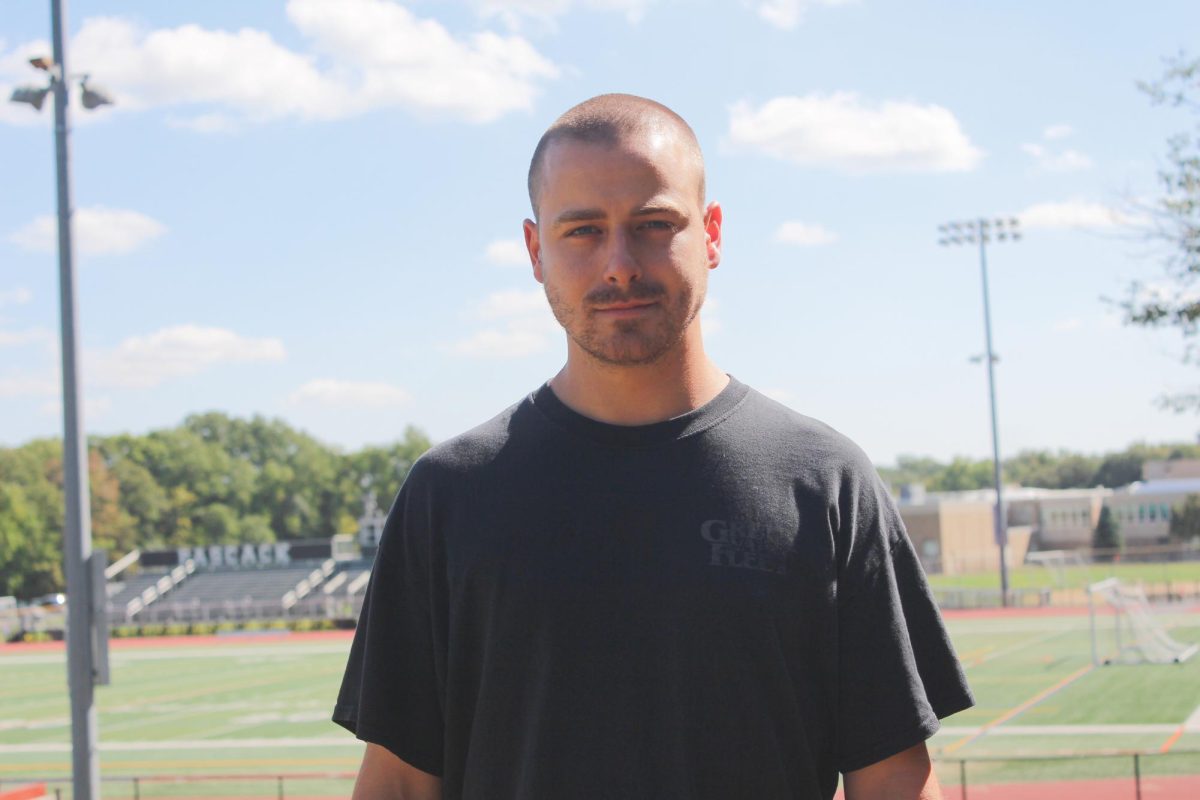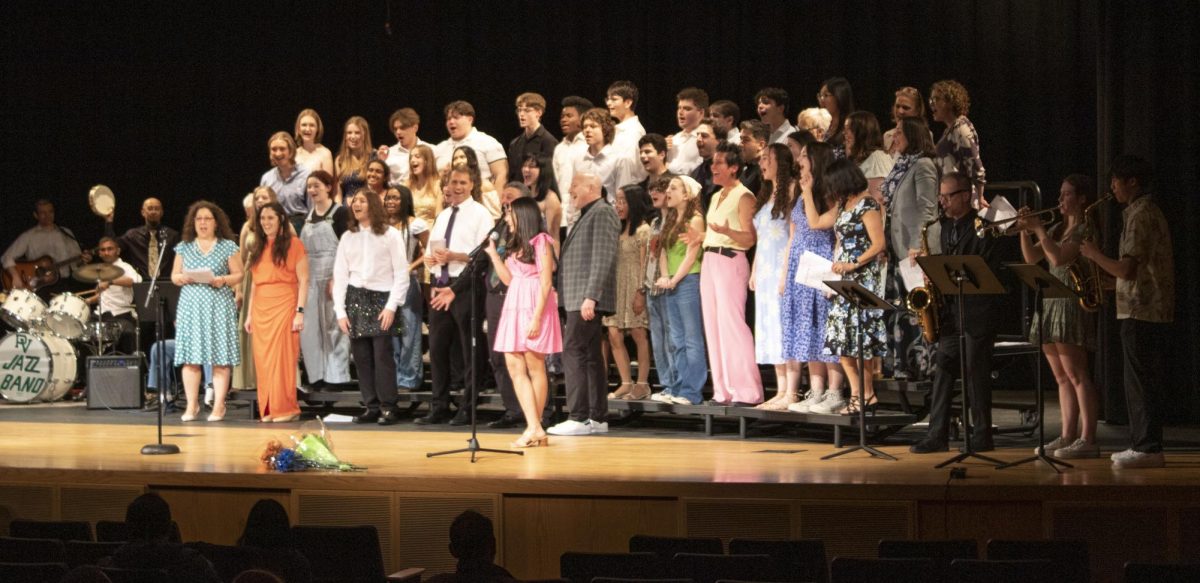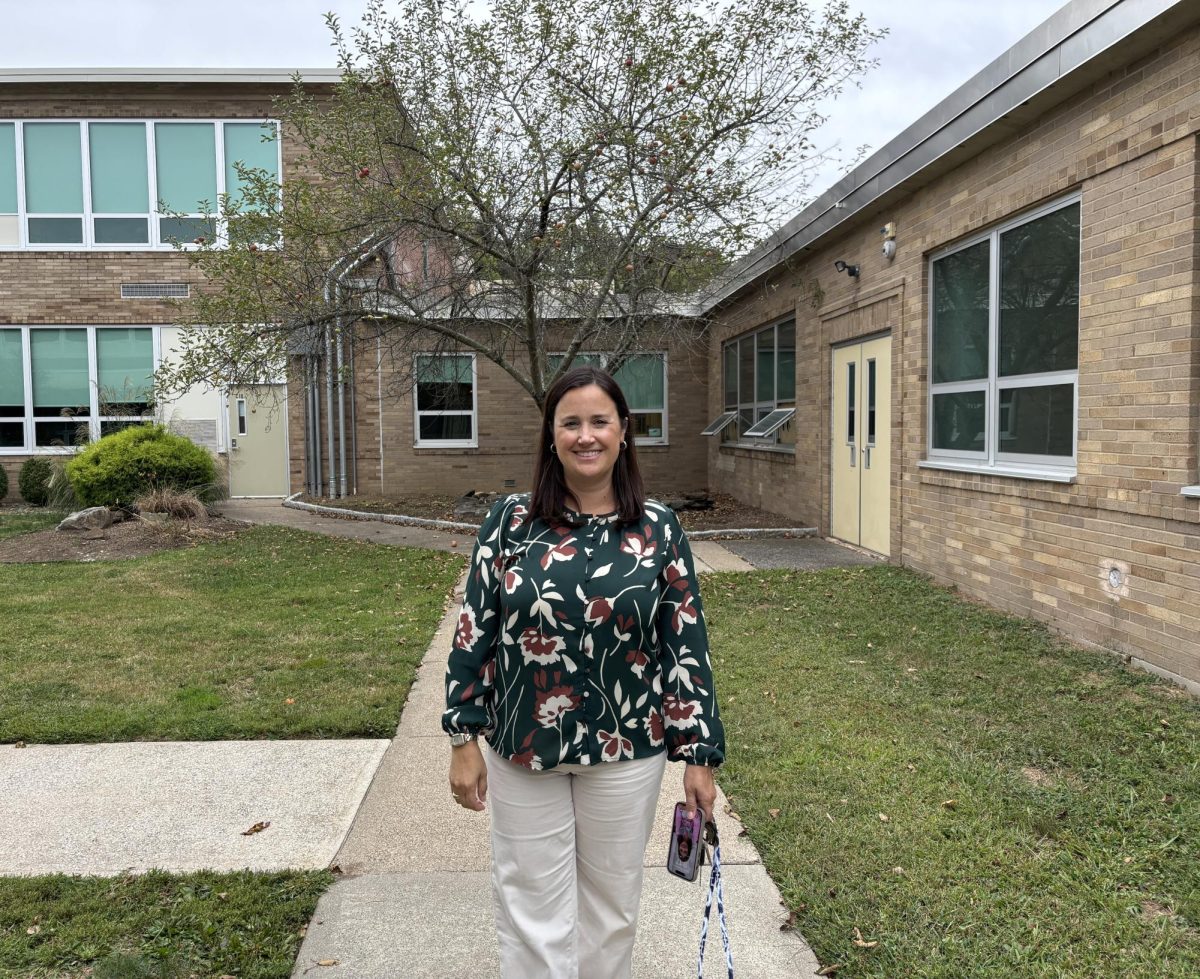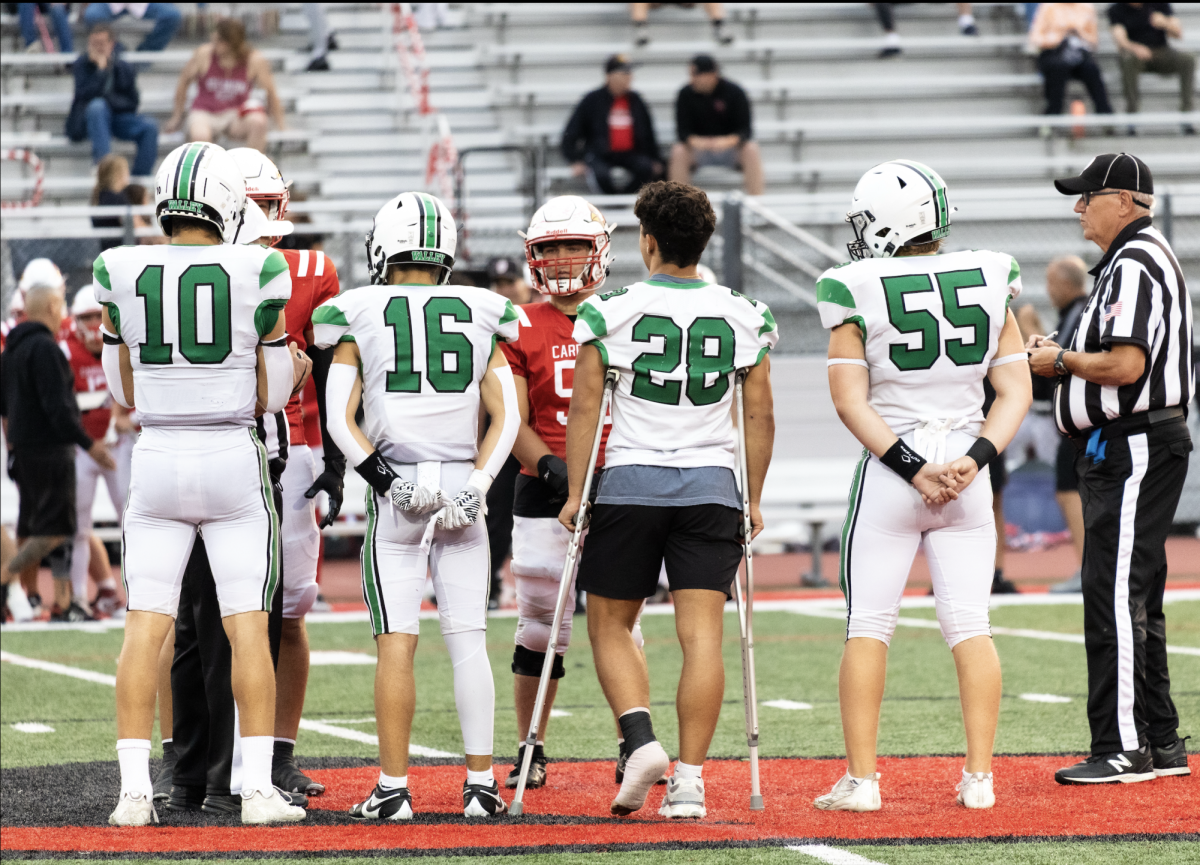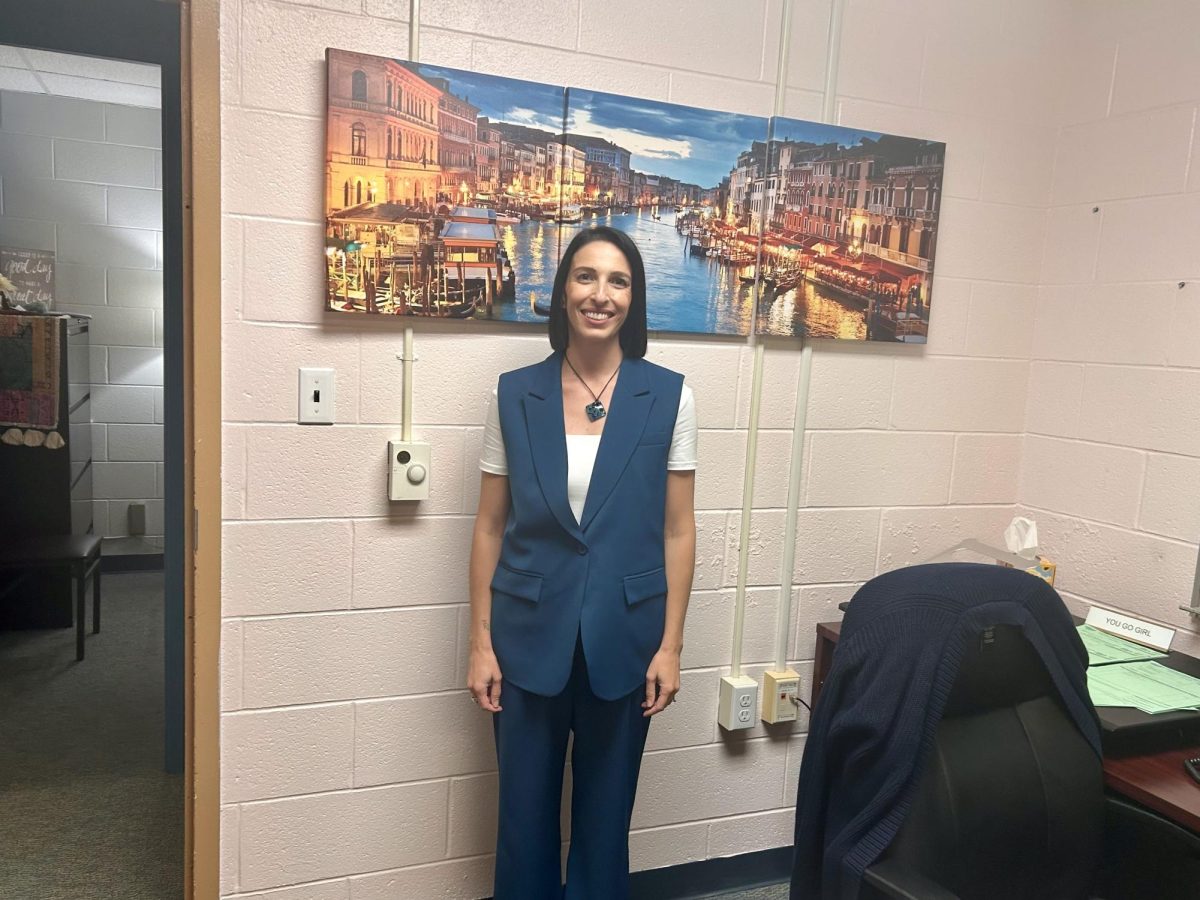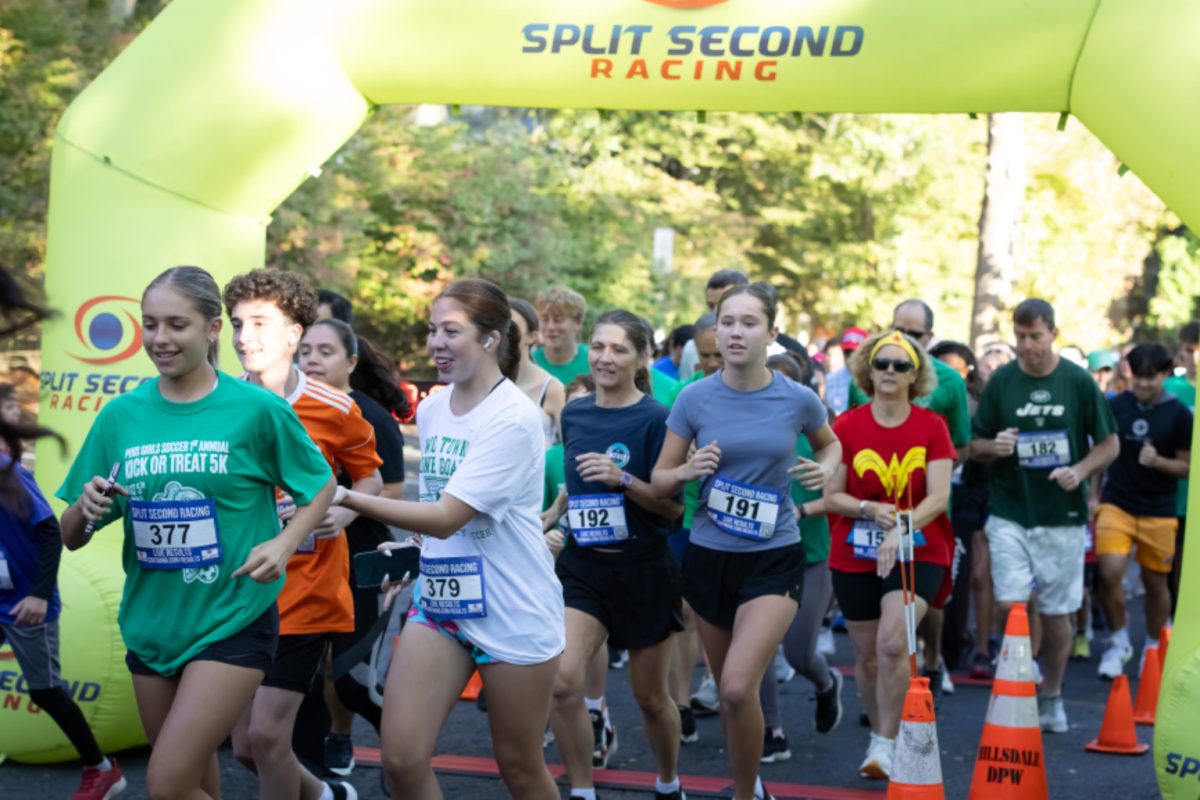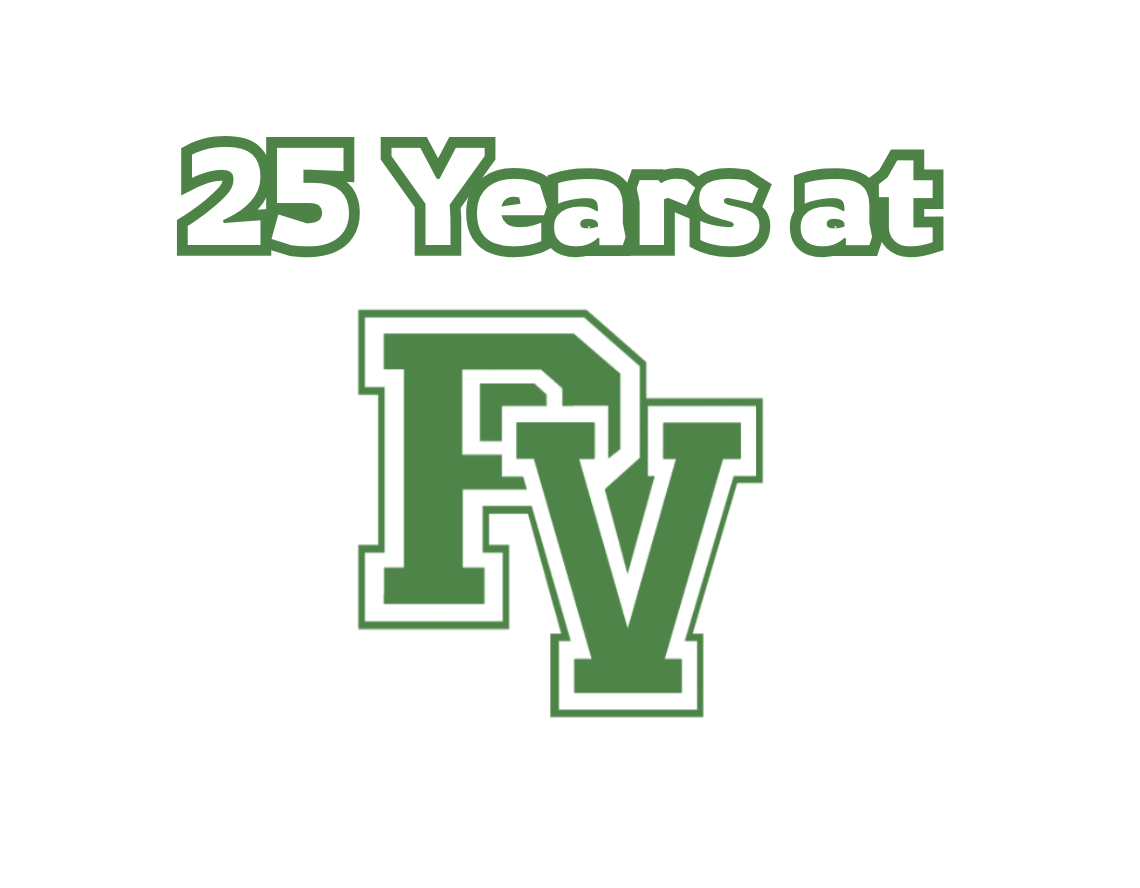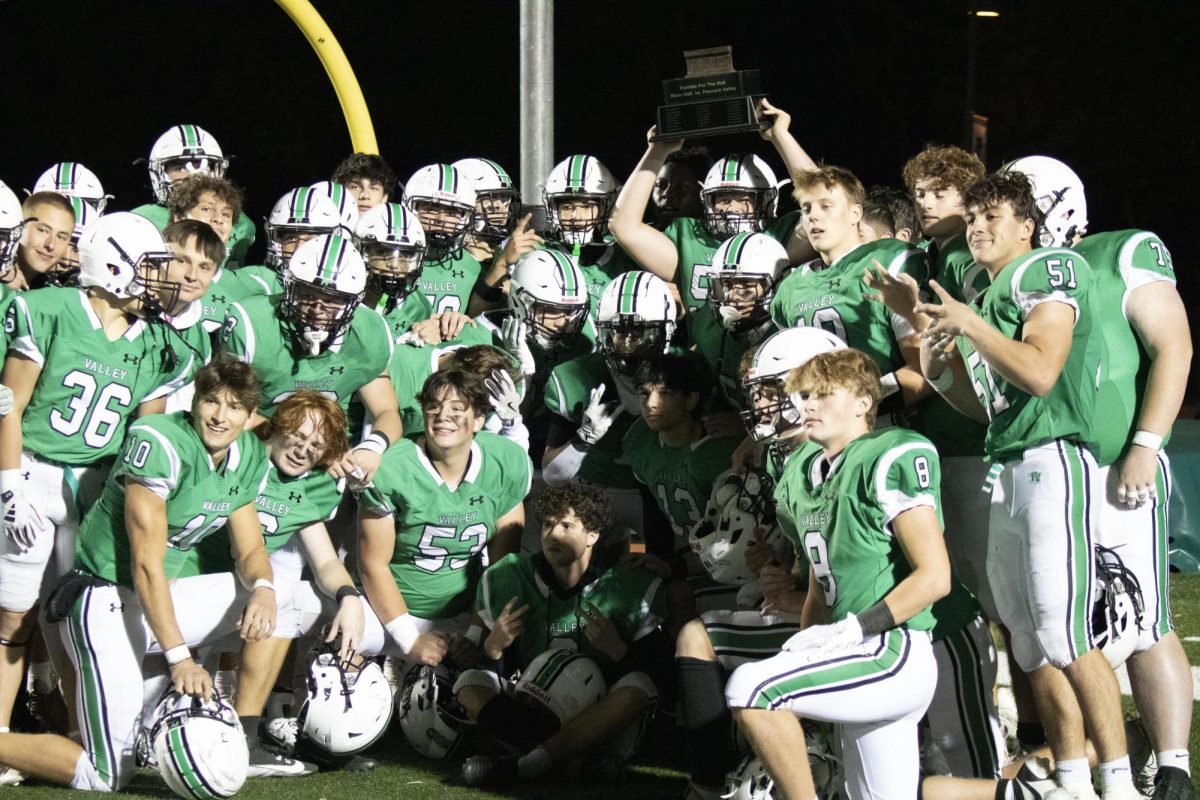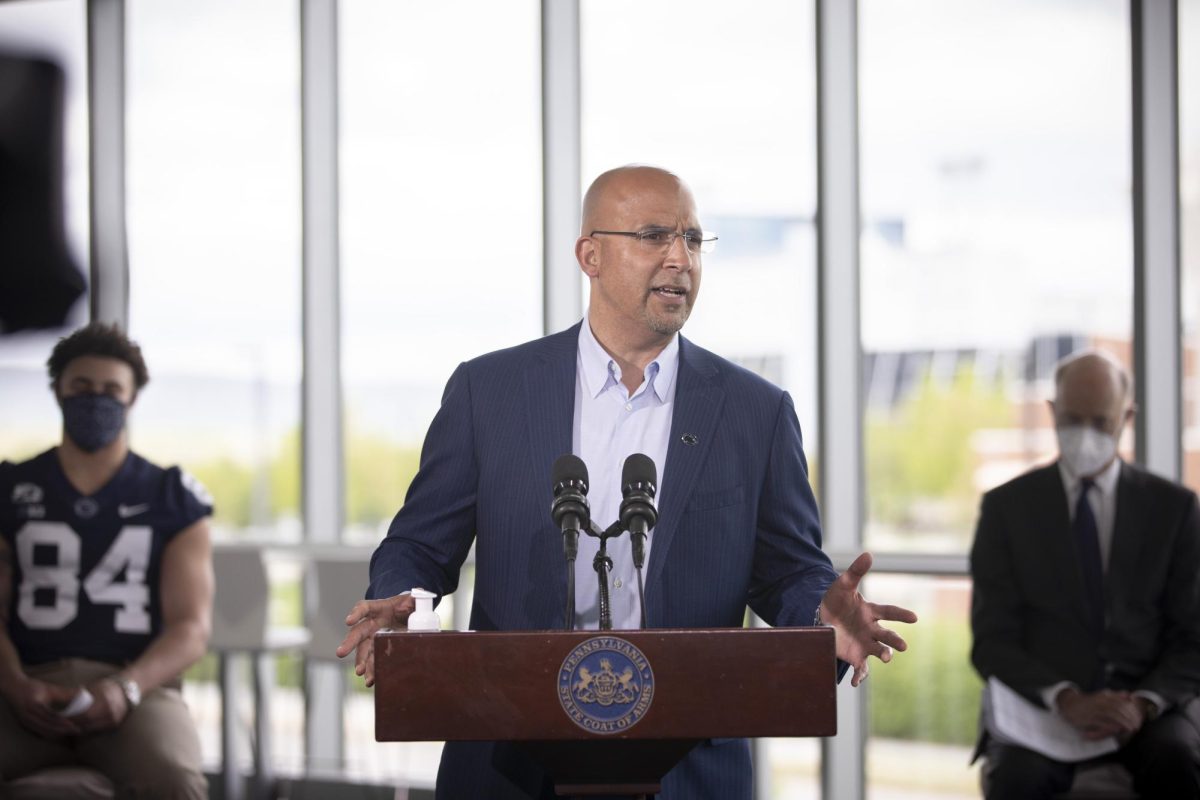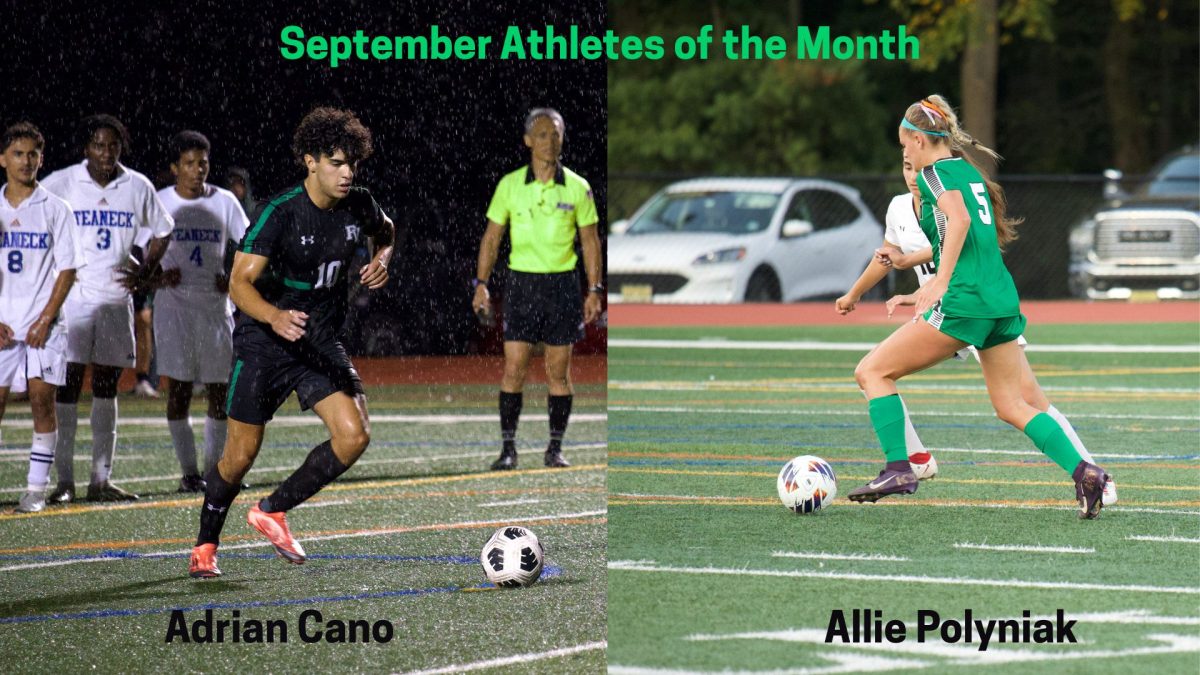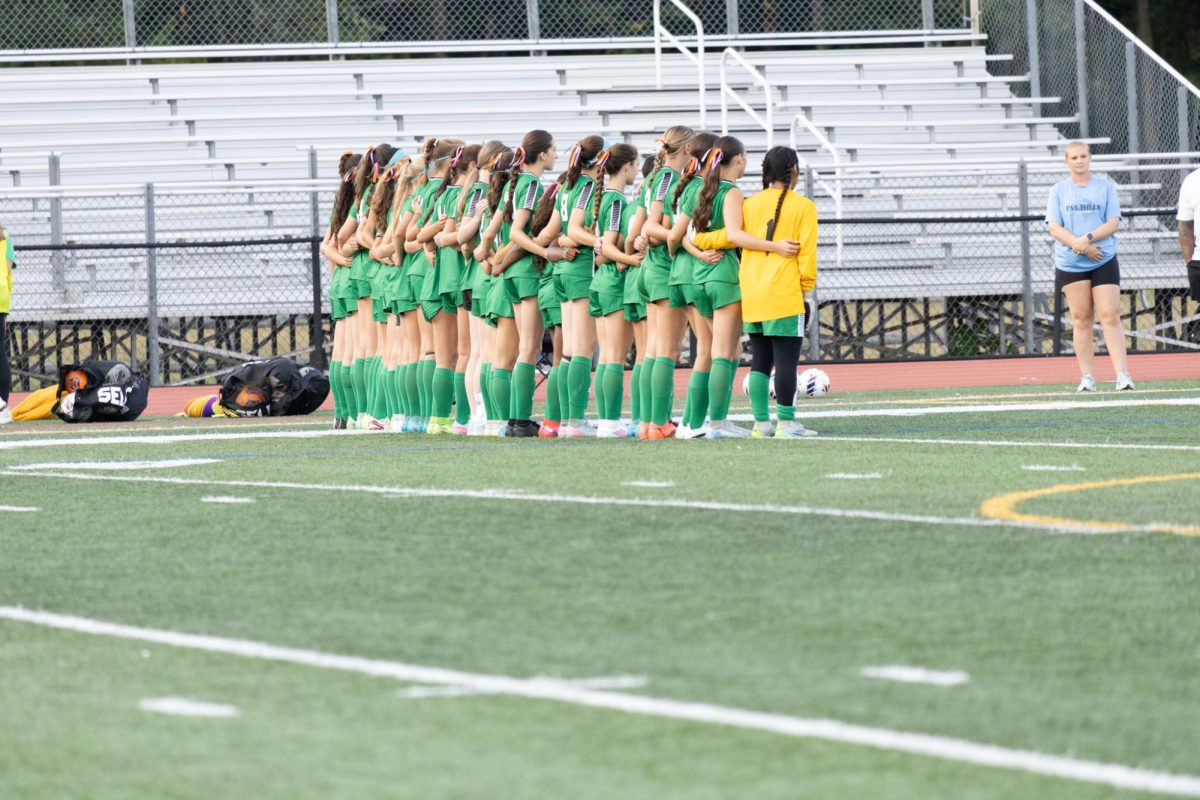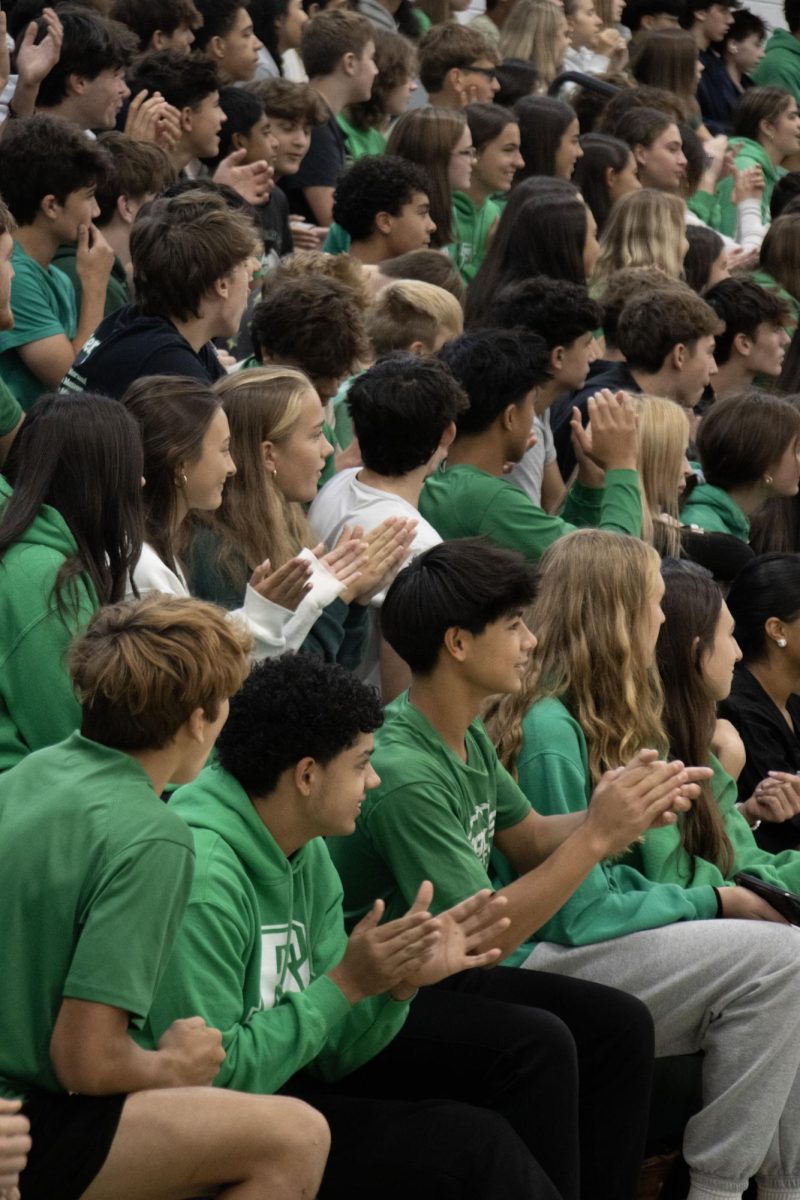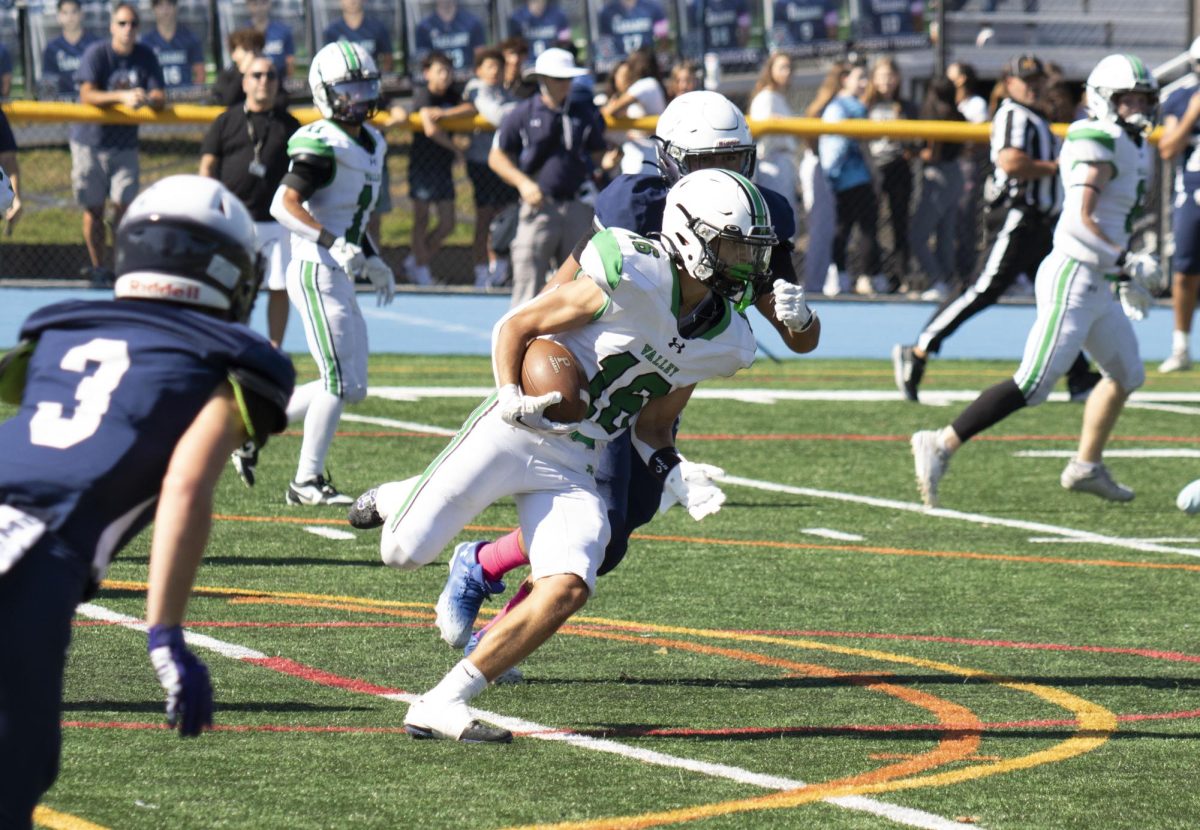On Oct. 11, 2024, Pascack Valley Regional High School District Spanish and choir classes took a trip to the Metropolitan Opera in New York City to see a dress rehearsal of Argentinian composer Osvaldo Golijov’s opera “Ainadamar.”
The experience brought together over 100 students from both Pascack Valley and Pascack Hills, many of whom were seeing an opera for the first time.
“We left [PV] early, around 8 a.m.,” Valley Spanish teacher Jimena Ladino said. “It was a bus from [Valley] with over 50 kids. From Pascack Hills, there were another 50 kids.”
Ladino saw it as an opportunity to bring her Spanish Heritage students—fluent Spanish speakers— to learn Spanish history and enrich themselves in the Spanish language.
The students had been prepared for the opera after a presentation by former choir teacher and Acting District Supervisor of World Languages, Multilingual Learners, Music, & Family and Consumer Sciences Argine Safari, who helped organize the trip.
“One thing that really motivated the students to come was…[that] Safari organized a whole presentation about the opera and kind of gave a background and a sense of meaning to the trip. It was really important that she gave the background,” Ladino said.
According to The New York Times, “Ainadamar” is an opera that dives into the life of Federico García Lorca, a poet from Spain who was assassinated during Spain’s fascist movement.
“The show was about the story of a very important poet from the southern part of Spain, specifically Andalusia,” Ladino said. “This area is very special. We as Spanish teachers also talk about him in class because, for us, he was basically a cultural point in Spanish history.”
When PV Spanish IV teacher Dorely Leal-Drago learned about the trip, she was excited to bring her students with her.
“Over the summer, Safari got in touch with me and asked me to be another teacher [chaperone and] if we were interested in taking the students,” Leal-Drago said. “So, when she said it was about Lorca, I couldn’t say no.”
“The show was in Spanish, but we had the option to use subtitles,” Ladino said. “It gave them the opportunity to follow the story, which, at the end of the day, is what matters.”
When the students arrived in New York City, they had time to explore the city before heading to the Met.
“When we arrived there, since we arrived so early, we let students go grab a cup of coffee from Starbucks or a café,” Ladino said. “They were very excited to go around and kind of feel free.”
Inside the opera, not only were there 100 students from Valley and Hills, but the entire venue was also filled with students from other schools.
“We were not the only school at the Met,” Leal-Drago said. “Because the performance was a dress rehearsal, a lot of schools were invited to fill up the audience.”
Safari, who has been taking her choir students to operas for years, noted how unique “Ainadamar” was.
“[The opera is] a totally different world,” Safari said. “An opera is a combination of music, which includes singing, orchestra, [and] instrumental things. There’s dancing, visual art, and choreography. So, it’s a really unique genre. So when I took this opportunity, what really attracted me is that this is the first time I’ve seen an opera that’s done in Spanish at the Met.”
Safari also noted how the use of Flamenco, a music genre originating in Andalusia, added another layer to the trip for both language and music students.
“It was all this cross-curricular stuff that I personally have always been interested in, and just having the Spanish teachers really jump into this opportunity was great,” Safari said.
The trip was also meaningful to choir students who have performed music in different languages.
“Italian opera is very common,… [operas are] done in French, Russian, and German, too,” Safari said. “So a Spanish opera was a very unique perspective. For students, it was a revelation because we’ve done Spanish pieces in choir, but it was never operatic stuff.”
The trip was deemed a success by the teachers involved. Due to high interest, there had to be arrangements made for more transportation closer to the trip.
“I reserved two buses, one for each school, and there was so much interest that we had to arrange a last-minute van to take some of the students,” Safari said.
Students did not need to pay for their tickets, only their transportation, which they appreciated.
“It was very kind of the school to set this up for us,” a PV Spanish student said. “It was a good and inexpensive way for students to learn the culture.”
Leal-Drago showed interest in organizing another similar trip with her Spanish students in the future, and Safari also opened up to the idea of a similar trip with other languages.
“There’s going to be another…[opera] in April, actually, and it’s going to be in Italian, so we want to take the Italian and music students,” Safari said.
Even if you don’t speak the language of the opera, the trip showed that it’s still possible to appreciate its importance. From learning language to history to different types of music, students were connected in a unique way on this trip.
“If we have students going from other languages, it really opens up the doors for them to appreciate other cultures as well. You don’t necessarily need to take the language to appreciate the culture,” Safari said.


